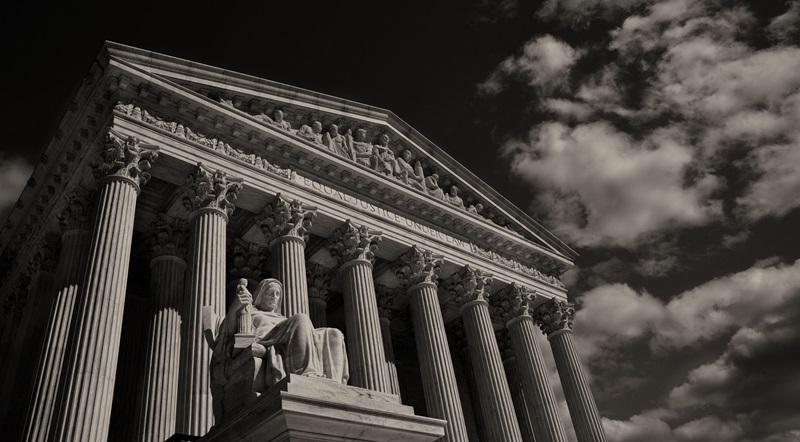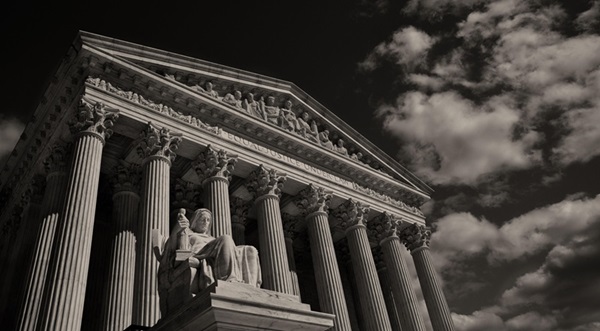

The National Police Association (NPA) has filed an amicus curiae brief with the U.S. Supreme Court in support of Captain Manuel Adams, Jr., a law enforcement officer challenging his inclusion on a “Giglio” list—an unregulated registry of officers whose credibility has been called into question, effectively barring them from future employment in law enforcement.
The case, Adams v. City of Harahan, Louisiana, seeks review of a Fifth Circuit ruling which determined that Captain Adams could not pursue a due process claim despite being terminated and added to a Giglio list based on false allegations. The “Giglio” listing, unregulated and lacking transparency, effectively prevents officers like Adams from working in their chosen profession ever again. The NPA’s brief urges the Supreme Court to take the case and establish due process protections for law enforcement officers unfairly placed on such lists.
“The use of Giglio lists, which originated from legal standards set by Brady v. Maryland and Giglio v. United States, has grown into an unregulated system that often ruins the careers of innocent officers without proper legal safeguards,” said NPA spokesperson Sgt. Betsy Brantner Smith (Ret.). “Captain Adams’ case represents the type of due process violation the Court needs to address, ensuring that these lists stop being used as a tool for arbitrary punishment.”
The NPA contends that Captain Adams, like many others placed on Giglio lists, is effectively barred from continuing his career in law enforcement, satisfying even the Fifth Circuit’s extreme standard. The amicus brief calls on the Supreme Court to safeguard officers’ due process rights, and address the lack of oversight surrounding Giglio lists, which too often include names based on unverified or false accusations. In this case, the Supreme Court’s decision would have wide-ranging implications for officers and agencies nationwide, making it a critical issue for the law enforcement community.
The NPA’s amicus brief can be read here.
The National Police Association is represented by Robert S. Lafferrandre and Jeffrey C. Hendrickson of Pierce Couch Hendrickson Baysinger & Green, L.L.P., in Oklahoma City, Oklahoma.
About The National Police Association: The National Police Association is a 501(c)3 non-profit Educational/Advocacy organization. For additional information visit NationalPolice.org
###